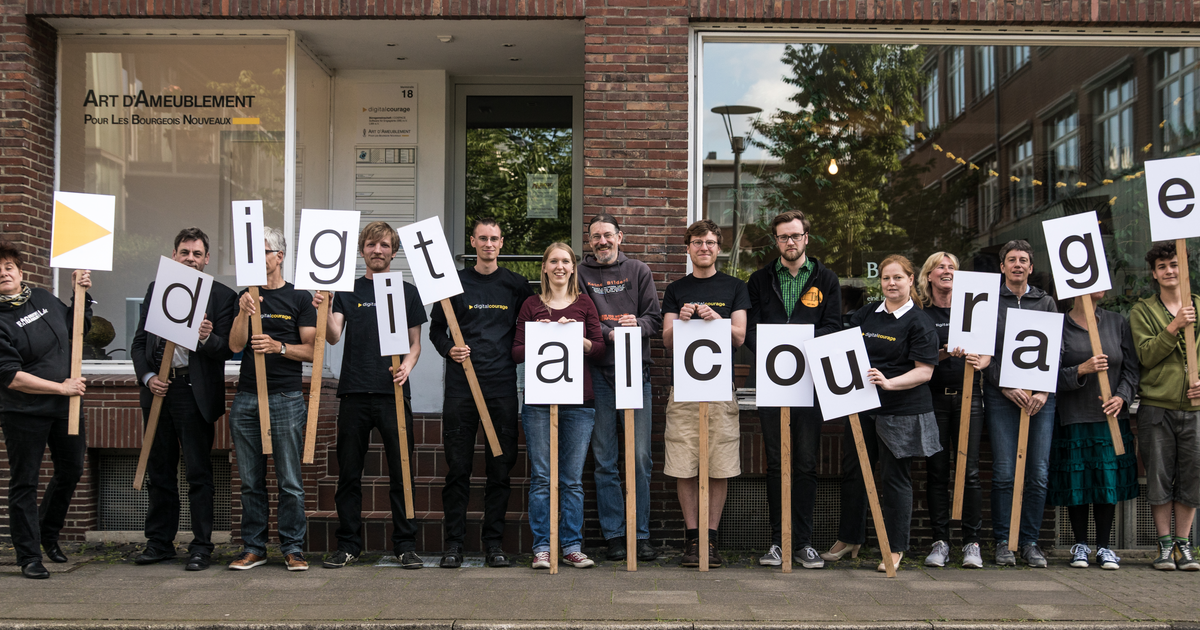@rrwo It *does* have everything #DZil built! In fact, I specifically crafted my dist.ini with that aim.
The `build/main` branch has everything generated from main: https://codeberg.org/mjgardner/perl-Log-Any-Adapter-MacOS-OSLog/src/branch/build/main
And the `build/release` branch has everything generated for #CPAN releases: https://codeberg.org/mjgardner/perl-Log-Any-Adapter-MacOS-OSLog/src/branch/build/release
And the "How to contribute” documentation tells you how to do both: https://metacpan.org/dist/Log-Any-Adapter-MacOS-OSLog/contribute
Suggestions and PRs welcome!
* https://codeberg.org/mjgardner/perl-Log-Any-Adapter-MacOS-OSLog/issues
* https://codeberg.org/mjgardner/perl-Log-Any-Adapter-MacOS-OSLog/pulls








